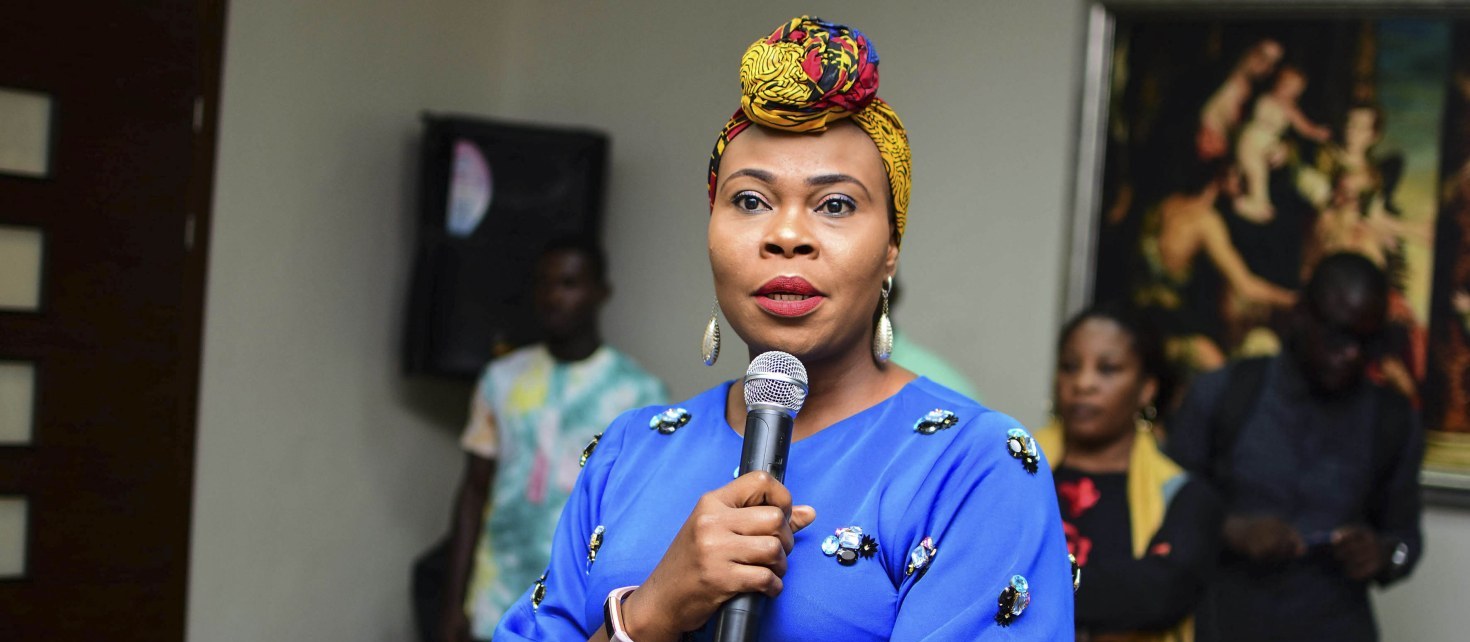BY: Dr. Maymunah Kadiri –
Even before the pandemic, one in five African teenagers had thought about suicide, according to a study released last year. And this was the highest such prevalence in the world. A separate study from 2019 reported that 12 % – one in ten – Nigerian adolescent s had attempted to kill themselves.
Teenage years are critical formative years in the life of any human being. It is a fundamental phase for developing and maintaining social and emotional habits important for mental well-being. These habits include the adoption of healthy sleep patterns, developing coping mechanisms, problem-solving, and interpersonal skills, and learning to manage emotions. Supportive environments in the family, at school, and in the wider community are also key at this time.
COVID-19 has made all of these more difficult. Yet few programmes on the continent focus specifically on young people and there is little recognition of the impact of the COVID-19 pandemic on the youth.
While young people often learn from their peers and build their self-image through socialization, global disruptions have limited these interactions. Schools closed during Nigeria’s national lockdown. When schools re-opened, many private institutions offered their students the option to continue studying online.
Lockdowns and additional restrictions regarding movement mean schools and other social meeting spots are closed and students confined to their homes.
Adolescents often use school as a means of escape particularly when parents restrict their children’s movement and social engagements. Add into the mix the stress of COVID-19 and we can see why adolescents would fall into depression and anxiety – and how this could push up suicide rates among the youth. Global studies have shown a worrisome trend of increased anxiety among young people since the onset of nationwide lockdowns. While no such research for young people in Nigeria exists, evidence points to similar concerns as there is a general increase of anxiety across the nation.
We need to act now to help our young people. This was true before this pandemic, but it is more urgent now than ever.

